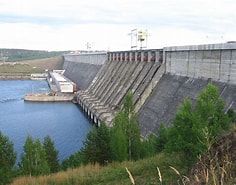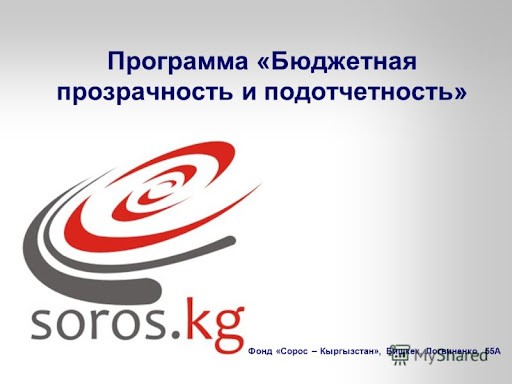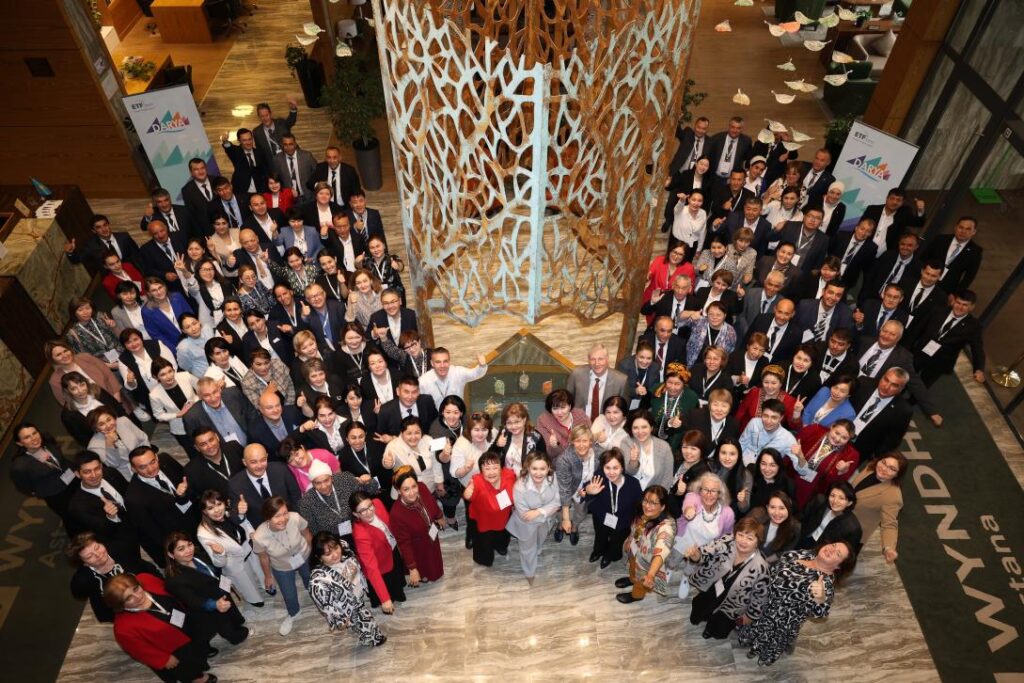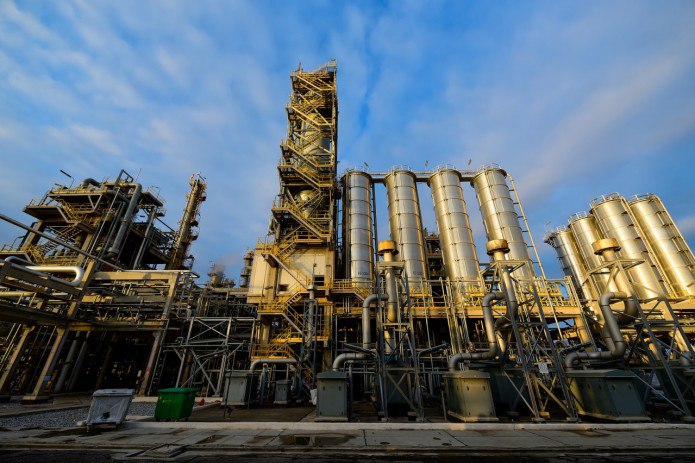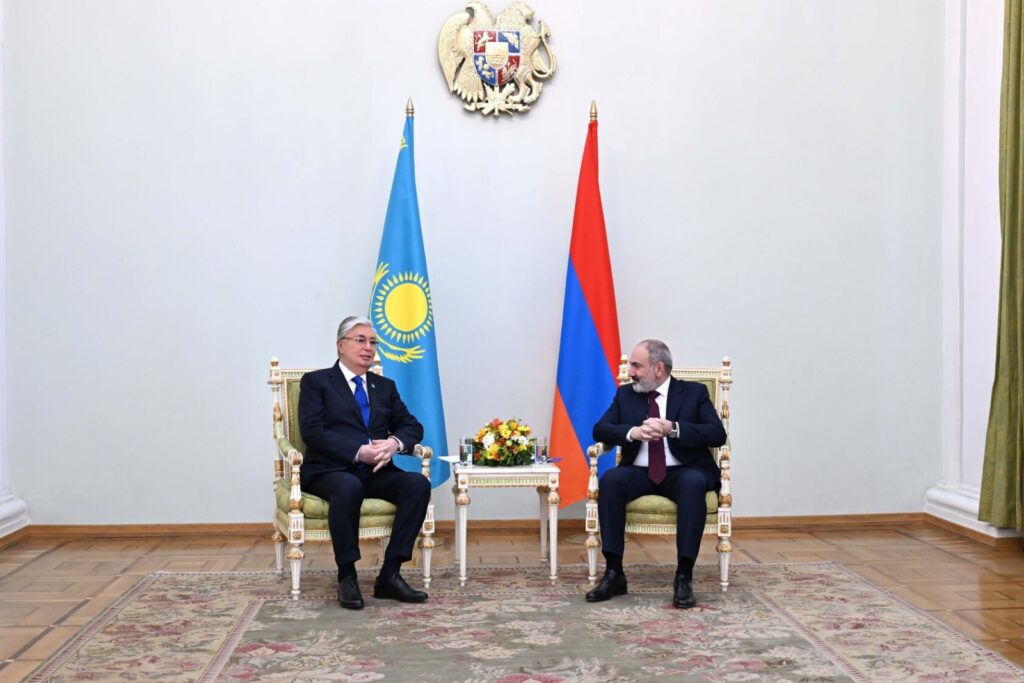Kyrgyzstan, Kazakhstan and Uzbekistan Consider Joint-Stock Company to Build Kambarata HPP-1
Kazakhstan’s Ministry of Energy has announced that the draft Agreement between the governments of Kyrgyzstan, Kazakhstan, and Uzbekistan on the joint implementation of the construction and operation of Kambarata hydroelectric power plant (HPP)-1 has been posted on Kazakhstan’s official Internet portal Open Legal Acts.
Available for public discussion, the agreement outlines the terms of cooperation between the parties in the proposed construction of Kambarata HPP-1 on the Naryn River in Kyrgyzstan.
To implement the project, the proposed joint-stock company will be financed with 34 percent of authorized capital belonging to Kyrgyzstan, 33 percent to Kazakhstan, and 33 percent to Uzbekistan.
The cost of construction is estimated between $5 billion and $6 billion and although the majority of funds will be drawn from the founders, further investment will be sought from loans and grants from international financial institutions and commercial banks.
According to the draft, at the end of the project implementation period, the shares and assets of Kambarata HPP-1 will become the sole property of the Kyrgyz side.
If realized, Kambarata HPP-1 will be the largest hydropower plant in Kyrgyzstan.


